The Impact of Integrated Care on Healthcare Utilization and Costs: Evidence from the Kansas Health Homes Medicaid Program [Behavioral, psychosocial, and mental illness]
Annals of Family Medicine
NOVEMBER 20, 2024
These individuals are often high utilizers of health care services, with some of the costliest services being hospital admissions and emergency department (ED) visits. A difference-in-differences (DID) approach was used to compare outcomes in two groups: Medicaid beneficiaries assigned to KHH and those who were not.

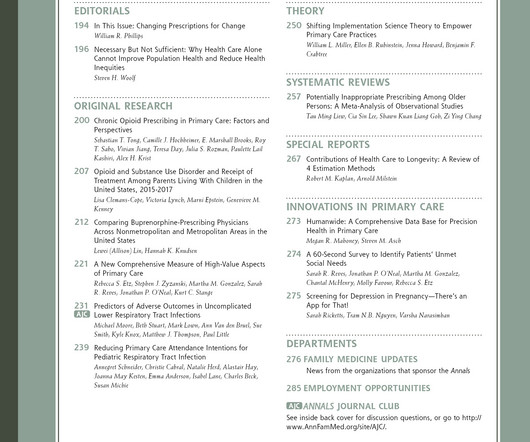

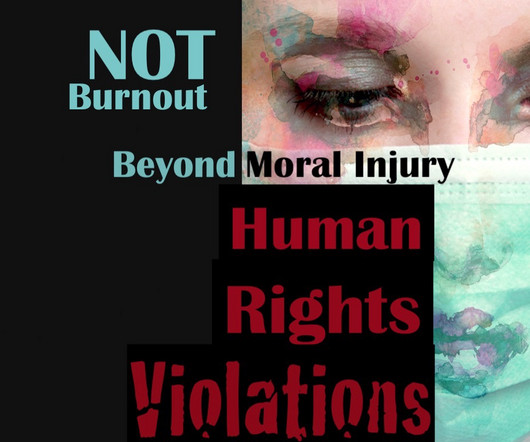
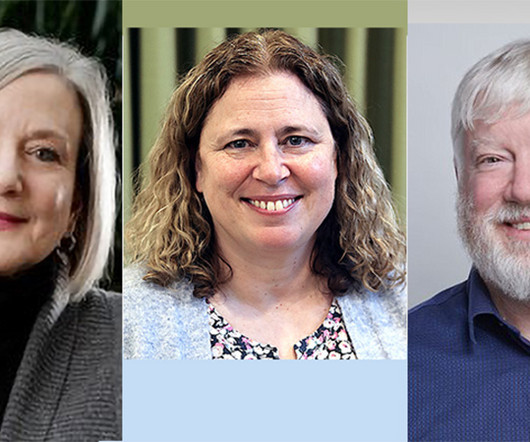
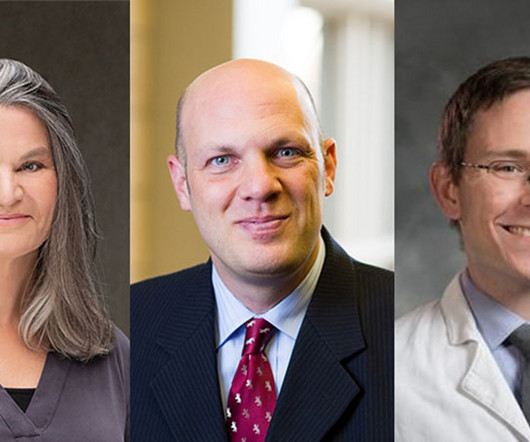
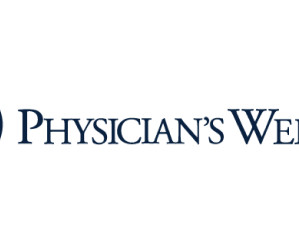






Let's personalize your content